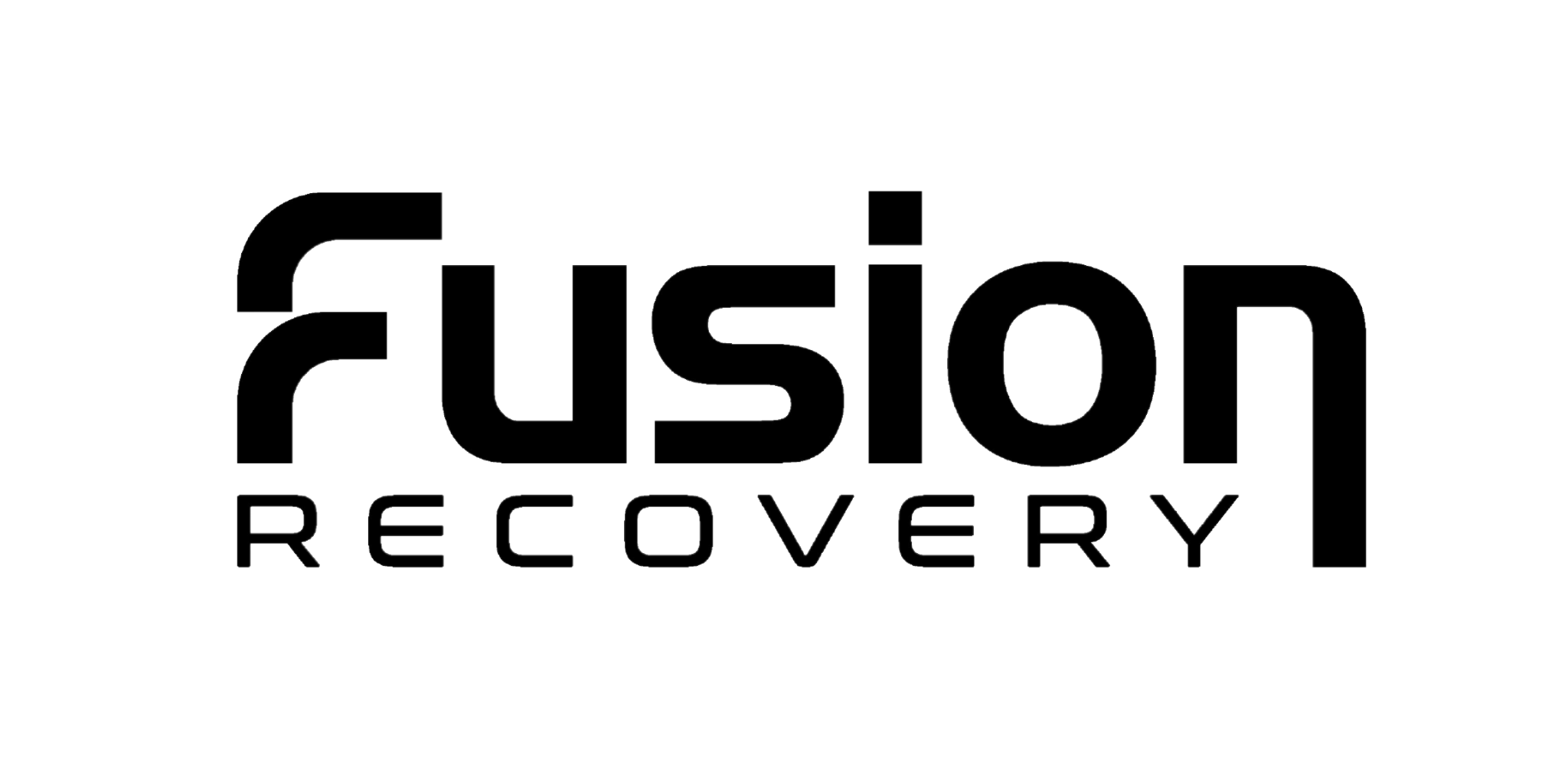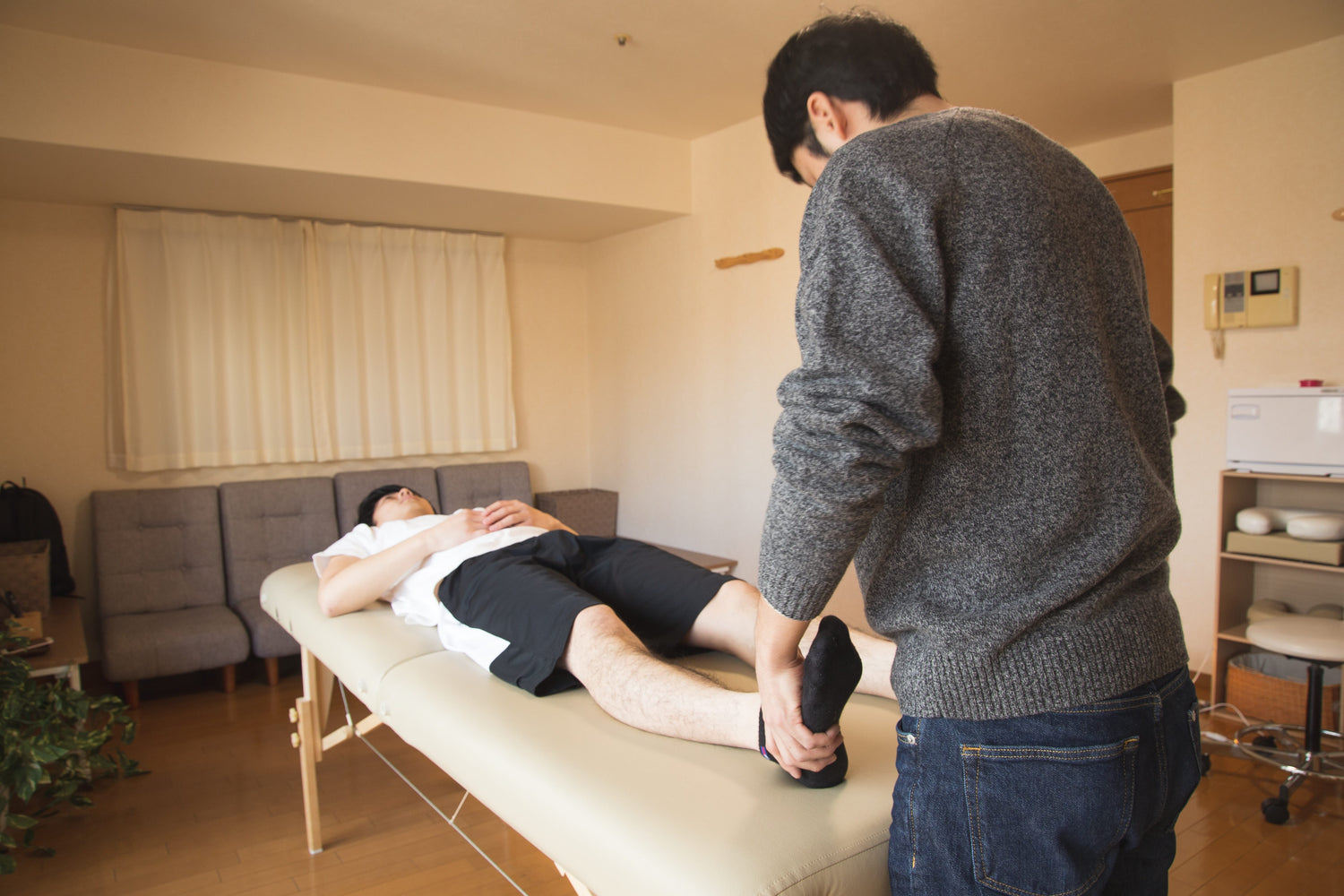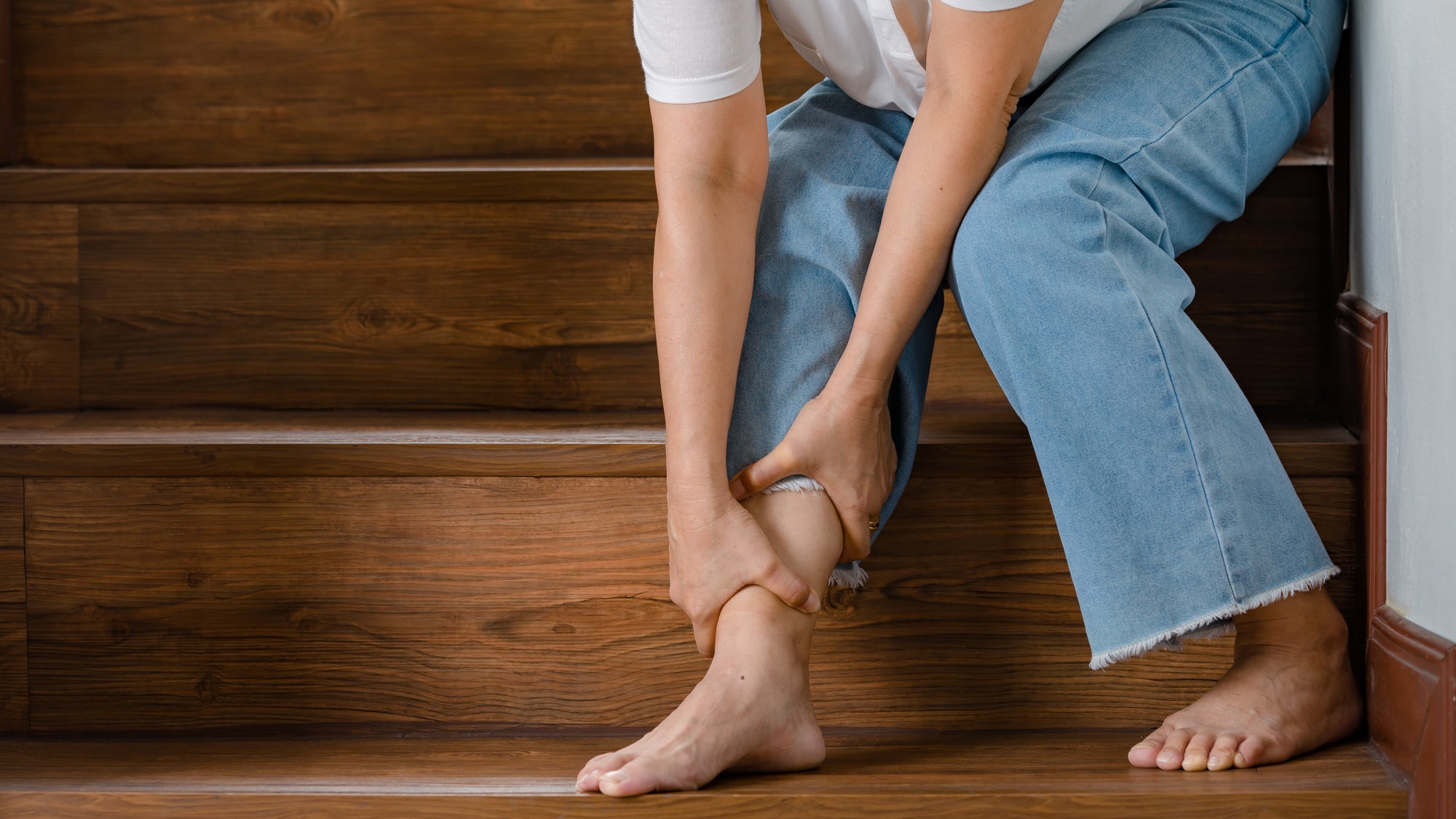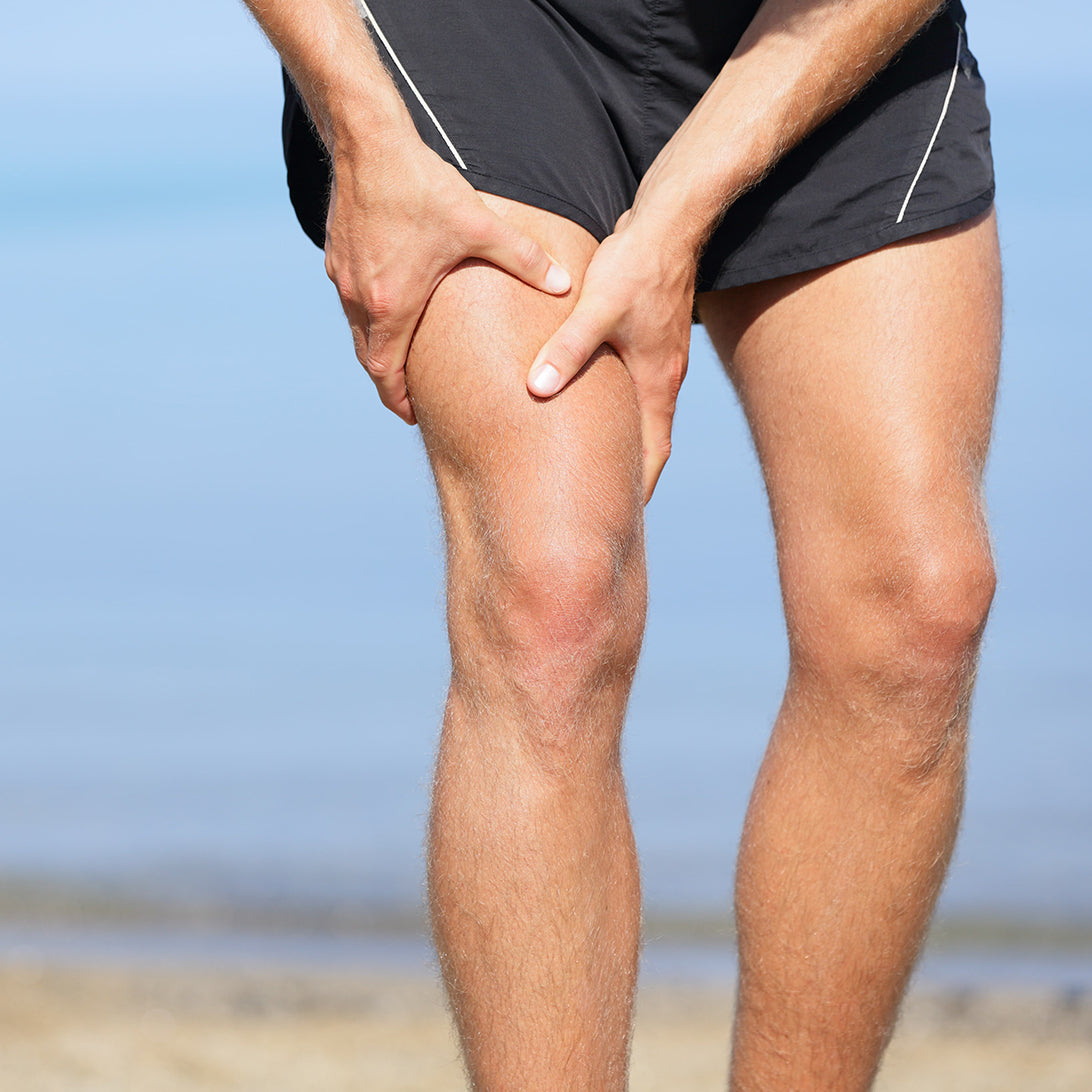Feeling sore after physical therapy is a common problem experienced by many patients across the globe today.
This medical condition can be caused by various factors that come from how patients and therapists perform their respective roles during treatment sessions.
To help you feel better, we've put together this article on common reasons behind muscle soreness after physical therapy and how you can deal with them effectively.
Let's get started!
Causes of Muscle Soreness After Physical Therapy
When it comes to muscle soreness after physical therapy, there are several possible causes that could lead to this condition.
Many people believe that muscle soreness after physical therapies is simply an unavoidable consequence of doing any kind of exercise.
However, in reality, there are other potential causes for muscle soreness after physical treatments that should not be ignored. Let's look into some of these causes:
1. Improper treatment technique
Feeling sore after therapy can happen when your therapist doesn't use proper techniques to treat your injury.
For example, if your therapist uses improper stretching techniques, you might experience soreness in certain areas of your body. What's more, some injuries require different treatments than others.
If your therapist isn't familiar with your particular injury, they will likely not know which treatment method to use. This could lead to an ineffective treatment plan and cause you to feel sore.
2. Too much exercise
Taking part in too much physical exercise before undergoing a session can make you feel sore afterward.
This includes excessive stretching, jumping, running, lifting heavy weights, etc. It's important to note that exercising before therapy does not mean you have to go all out.
Instead, try to take things slow and easy so you don't overdo it. All these activities are known to increase the risk of injury and severe muscle pain.
3. Poor body posture
Poor body posture is yet another reason why you might feel sore after physical therapy sessions.
When your body is not properly aligned, it can lead to muscle tension, leading to muscle soreness. Common poor posture positions include slouching, leaning forward, sitting with your back hunched over, etc. What's more, poor posture can also cause other health problems such as headaches, neck pains, shoulder aches and more.
4. Insufficient rest between treatment sessions
Soreness after physical therapy is often associated with inadequate rest. Resting is vital for healing and recovery.
It improves your muscle recovery time to restore its strength. However, some people take longer than necessary to recover from physical therapy sessions.
If this happens, you could end up experiencing soreness after physical therapy because you're not allowing your body enough time to fully heal.
What's more, if you're taking part in multiple physical therapy sessions per week, you should give yourself adequate breaks between each.
If you're looking for a way to speed up your recovery process, you could take a look at our latest article about massage gun benefits.
5. Poor diet
It goes without saying that proper nutrition is essential to having a good quality of life.
However, many people fail to eat well while recovering from physical therapy.
A lack of nutrients can lead to muscle soreness and weakness after physical therapy since it affects how our bodies heal. For instance, eating foods high in sugar or caffeine can lead to inflammation and swelling, while insufficient protein intake can affect healing time.
This means you'll have to spend more time recovering from your physical therapy sessions, which can result in soreness.
Preventions to Treat Muscle Soreness After Physical Therapy
Taking proper steps to feel better after physical therapy starts by identifying the exact source of your soreness.
Is it due to a lack of sleep?
Is it caused by improper technique? Or is it simply due to too much exercise? Once you've identified the root cause, you can begin to learn how to best deal with it.
Here are some tips to help you feel better:
1. Sleep well
Sleep plays a massive role in helping us heal and recover from physical therapy sessions as well as daily life.
You should aim to get at least 7-8 hours of sleep per night. This helps your body regenerate and repair itself. It also reduces stress levels which can be detrimental to your overall health.
2. Eat healthily
Eating nutritious food is one of the most effective ways to avoid or treat muscle soreness.
Make sure to eat plenty of fruits and vegetables which contain antioxidants. They provide vitamins and minerals which promote good health, help reduce inflammation, and speed up healing.
3. Take breaks
Take breaks when needed. If you find that you're getting tired quickly during treatment sessions, then it's okay to stop and rest for a couple of minutes. You don't need to push through if you start feeling exhausted.
Take frequent short walks around the block or even just outside your home. These simple movements will help improve oxygen and blood flow throughout your body.
4. Use ice packs
Ice packs are great for reducing inflammation and severe pain after therapy. They work by cooling down the area where you experience actual pain, such as your neck, shoulder joints, knees, feet, and ankles.
Simply apply an ice pack to any area where you feel acute pain or discomfort. You'll feel much better once the cold begins to numb the area.
5. Stay hydrated
Drinking plenty of water is essential for maintaining optimal health. It keeps your core muscles adequately lubricated, so they function smoothly.
When you're about to go for a treatment session, drink fluids before, during, and after. Water is free, easy to consume, and doesn't add calories to your diet. You can also try drinking herbal tea or other beverages containing electrolytes like lemon juice or ginger.

Frequently Asked Questions
Here are some answers to common questions we get from people who want to know more about muscle soreness after physical therapy.
How long does it take to feel better after physical therapy?
There is no specific period of time to feel better after physical therapy.
It all depends on how severe your injuries are and what type of treatment you receive. Some patients may be able to return to their regular routine within days, while others may need weeks to months to completely recover.
What should I do if I still feel actual pain after physical therapy?
If you still feel actual pain after physical therapy, it is important to speak with your doctor or physical therapist. They can help you determine the cause of the pain and provide advice on how to best manage it.
Depending on the severity of the pain, your doctor may recommend additional treatments such as massage, stretching exercises, or even medication. Additionally, they may suggest lifestyle changes such as avoiding certain activities or taking breaks from physical activity.
Does feeling sore mean my muscles are getting stronger?
No.
Soreness after physical therapy isn't an indicator of whether or not your muscles are getting stronger but rather a sign that your muscles are still recovering. That's why it's essential to give yourself ample time to recover.
How often should I go for physical therapy?
Going for physical therapy depends on your individual needs.
Some people may require multiple weekly visits, while others may only need one visit every few months.
However, most experts recommend going for physical therapy at least once a month. This will allow you to get regular treatments and keep your muscles strong.
Can I still work out after a treatment session?
Yes!
As long as you avoid any strenuous physical activity that causes chronic pain to your muscles, you should be fine.
But if you notice any sharp pains in your muscles, then you should definitely refrain from working out until your therapist clears you to resume exercise.
What types of workouts can I do after physical therapy?
You can perform any form of aerobic exercise, such as running, swimming, cycling, walking, etc.
But make sure to limit your workouts between 20-30 minutes or less. If you want to build strength, try lifting weights or doing resistance training. Just make sure to warm up properly before starting your exercises.
Can I get a bruise from physical therapy?
Yes. Bruises are common side effects of physical therapy.
They usually appear as red marks on your skin. But they don't always hurt. If you notice a bruise after physical therapy, don't worry about it. Just let it heal naturally and move on with your recovery.
Conclusion
Feeling sore after physical therapy is a natural part of recovery from injury.
However, this shouldn't stop you from continuing with your daily activities. It's best to listen to your body and rest when needed. This way, you won't risk aggravating the injury further.
Remember to stay hydrated and eat healthy foods to ensure proper nutrition. This will help speed up your healing process.
We hope this article has helped answer some questions regarding soreness after physical therapy and provided you with helpful information. If you have any other questions, please feel free to contact us through this link.




